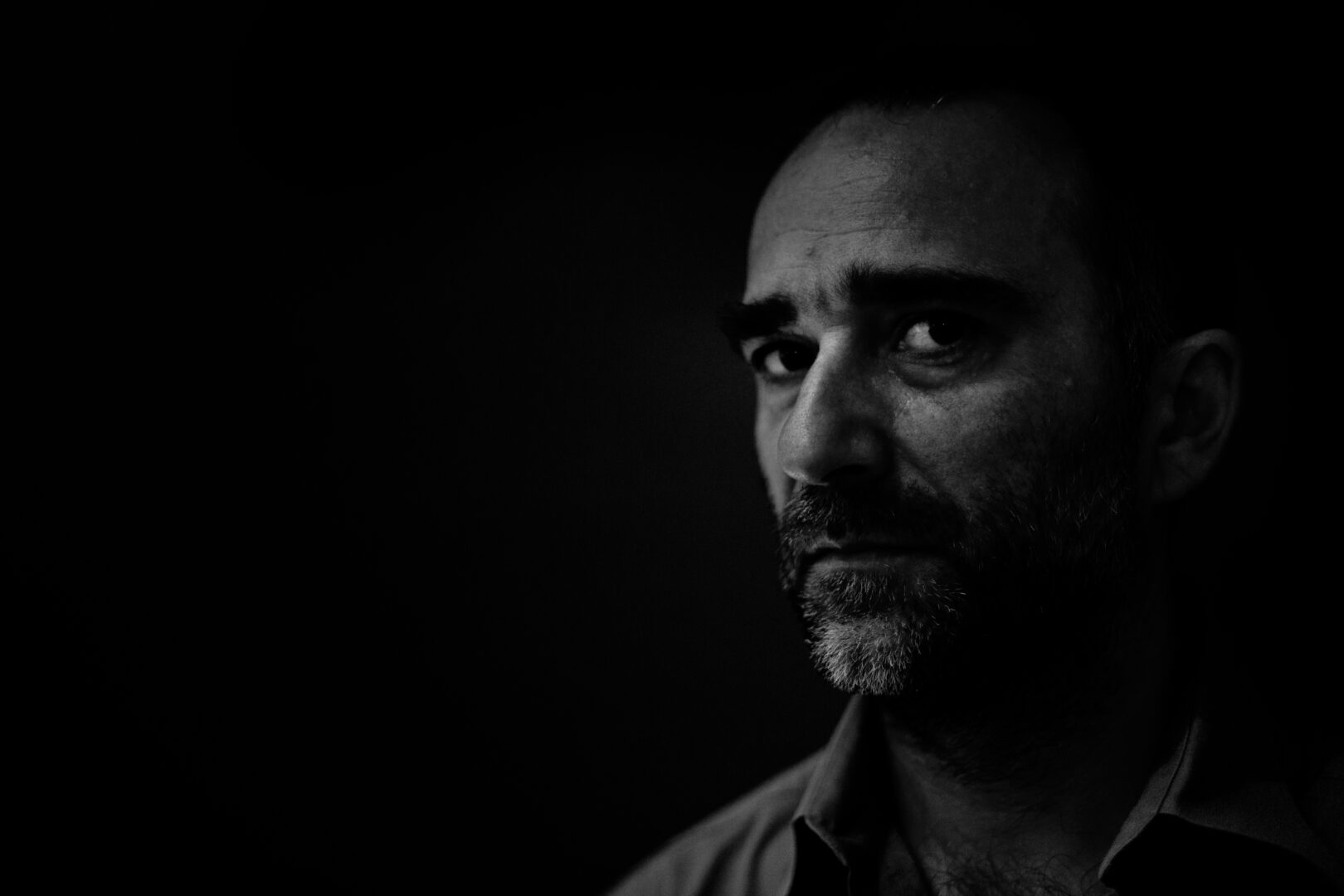On Christmas Eve 2013, the British Crown issued a formal posthumous pardon to the mathematician Alan Turing. After openly acknowledging a homosexual relationship, Turing was forced in 1952 to undergo chemical castration, homosexuality being a criminal offence in Britain at the time. Shut out from scientific circles and gradually excluded from society altogether, Turing died at the premature age of 42.



The trajectory of this exceptional figure’s life, and his relationship with the wider community, demands the most intense reappraisal. The concentrated genius and sheer historical importance of his work seem to be in sharp contrast to his social status and role as a victim. Turing seems, in a tragic sense, to embody the history of the 20th century: one of its very greatest contributors to scientific progress and yet the victim of dark forces and profound intolerance – all because he was different.
The libretto, by German author Frank Witzel, depicts a character who is both historic and symbolic. It is a non-linear journey whose narrative shifts from the exterior to the interior – recalling memories and fragments of existence as it shifts towards larger metaphysical questions.
The text, divided into six parts, shows us Turing – portrayed by the German actor Thomas Hauser – speaking at the twilight of his life: alone, in his apartment which he himself called the ‘Nightmare Room’, he reminisces about his childhood, his investigations on the subject of machines and of artificial intelligence, which he himself invented, and recalls his trial and exclusion from society.
Several characters are interwoven around this central performance (portrayed by Polish singer Joanna Freszel): Turing’s mother; Joan, his colleague at the codebreaking centre in Bletchley Park during the war; and the daughter of Dr Grünbaum, who treated Turing in the final years of his life.
The text revealed Turing to be a fragile, nonconformist character, fascinated by numbers, by alchemy and by the fundamental condition of things. Despite the oppression to which he was subjected, he remains a luminous character whose intelligence projects him beyond reality, like an alchemist of existential thought.
CREDITS
Conception, composition, video, lights, staging: Pierre Jodlowski
Original text: Frank Witzel
French translation: Olivier Mannoni // Polish translation: Zbigniew Naliwajek // English translation: Saul Lipetz // Dutch translation: Mathias De Prest
Dramaturge: Martina Stütz
Scenography: Claire Saint-Blancat
Set construction: Claire Daulion
Live video: Yann Philippe, Matthieu Guillin
Soprano: Joanna Freszel
Actor: Thomas Hauser
Musicians: Nadar Ensemble
Computer music design Ircam: Thomas Goepfer
Sound engineer: Kamil Keska
Commissionned by: Compagnie éOle, Ircam-Centre Pompidou, Philharmonie de Paris Delegate Production: Compagnie éOle
Coproduction: Ircam- Centre Pompidou, SWR Classic – Donaueschinger Musiktage, Warsaw Autumn Festival, Music Centre De Bijloke (Ghent)
Computer part of the work produced in Ircam-Centre Pompidou’s studios

